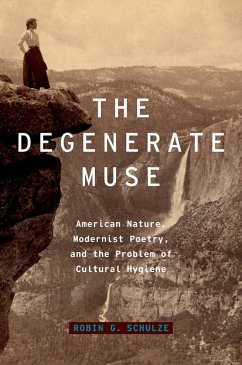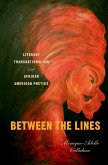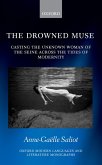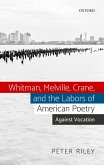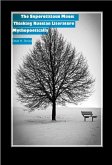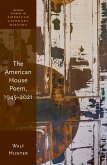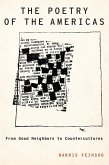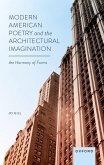A tide of newfound prosperity swept through America as the nineteenth century turned into the twentieth. Modernity had arrived. Yet amid this climate of progress, concerns over the perils of modernity and civilization began to creep into the national consciousness. Stress, overcrowding, and immigration stoked fears of degeneration among the white middle- and upper classes. To correct course, the Back to Nature movement was born. By shedding the shackles of modernity and embracing the great outdoors, Americans could keep fit and stave off a descent down the evolutionary ladder. Drawing on a wide range of primary and archival sources, Robin Schulze examines how the return to nature altered the work of three modernist poets: Harriet Monroe, Ezra Pound, and Marianne Moore. Like other Americans of their day, the trio heeded the widespread national call to head back to nature for the sake of the nation's health, but they faced a difficult challenge. Turning to nature as a means to combat the threat of degeneration in their literary and editorial work, they needed to envision a form of poetry that would be a cure for degeneration rather than a cause.
The Degenerate Muse reveals the ways in which Monroe, Pound, and Moore struggled to create and publish poems that resisted degeneration by keeping faith with nature-influenced ideas about what American poetry should be and do in the twentieth century. A combination of environmental history and modernist studies,
The Degenerate Muse reveals that the American relationship to nature was a key issue of modernity and an integral part of literary modernism.
Dieser Download kann aus rechtlichen Gründen nur mit Rechnungsadresse in A, B, BG, CY, CZ, D, DK, EW, E, FIN, F, GR, HR, H, IRL, I, LT, L, LR, M, NL, PL, P, R, S, SLO, SK ausgeliefert werden.

